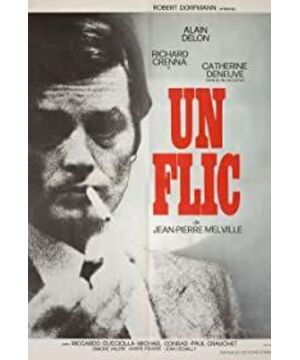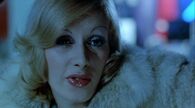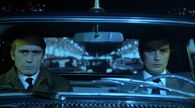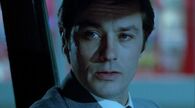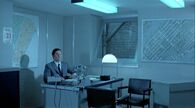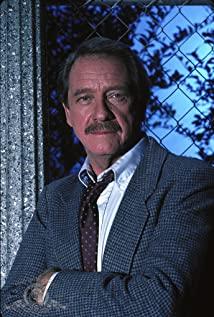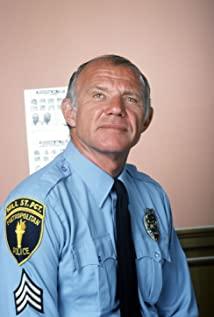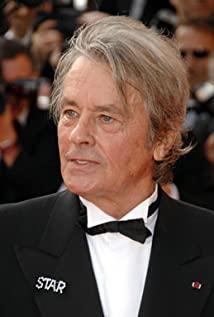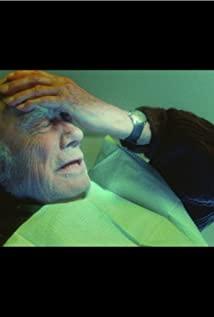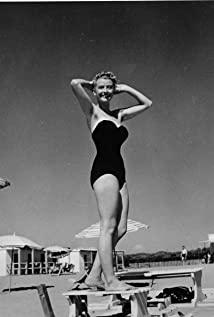First statement: Melville's films are all five stars with closed eyes, and Alain Delon's films are all five stars with closed eyes. Coupled with the class of robbing store teaching films, I just wish I could add a few more stars.
After watching Borsalino in the evening, I couldn't help but come to write a review of the Great Dawn I watched a long time ago, because when I see Alain Delon, I will think of Melville, Melville, and it is impossible not to think of the Great Dawn.
I don't want to reveal too many plots, I mainly talk about feelings, and the plot of Melville is too tiring. Watching Melville's films for the first time always felt a bit difficult. Sometimes it was because Alain Delon's beauty involved too much energy. When there was no Delon, it was usually because the thinking was too meticulous, and the details were rarely explained directly, often a second time carefully. Thinking can be the first to explore the doorway. One of the great things about Melville (and sometimes the most annoying thing) is that he doesn't make it clear. It's not very accurate to say that, because he did put all the details in front of you, but whether you have linked the plots, observed carefully enough, and understood these high-IQ tactics, it's another matter. The director is not very worried or entangled in that the audience must have a clear mind. For example, the heroine suddenly appeared in the killing team and solved the target with an empty needle. I have always been impatient and easy to miss details, but I also like to watch this kind of subject matter. When I first watched it, I was confused by my strength. After clarifying my thoughts, I was deeply indulged in this charm and couldn't extricate myself.
But what touched me the most about this film was some emotional factors. More precisely, the transparent light blue that diffuses throughout.
First met Melville's icy blue in "The Lone Killer," when it was freezing. At that time, when I watched "The Great Dawn", I went to the title of the master's posthumous work. At the beginning of the movie, because of the transparent blue blowing in the violent sea breeze, it gives people a feeling of warmth. I can only sigh: Melville! In terms of tone, it is obviously different from the intense blue of "Lone Killer", which has a very intrusive effect. The color effect of "Big Dawn" can only be said to be refreshing. The same is experienced, Alain Delon's police officer and the lone killer of the year also have subtle differences in temperament, one is stable and hot, the other is cold and threatening. The plot and rhythm of the Great Dawn are also much gentler throughout, but the undercurrent is surging. One of the episodes that I personally admire is the scene of the robber at home. After losing his job, he desperately robbed the bank, but he never dared to tell his old wife the truth. . The scene where the male protagonist pushes the door and sees the other party with a gun in his hand is my favorite kind of Melville's bland and non-provocative way of making people applaud. There is also the familiar Melville-style sadness, a bland warning when the male protagonist confronts his ultimate opponent (also a friend), who made a move to draw a gun and was shot dead but actually had no weapon. After the male protagonist saw the truth of the female protagonist, he and his partner were silent for a long time in the car. Alain Delon's face was always expressionless, as if in a dream, while his partner's complex mood was clearly written on his face, as if he had made an expression for him. The characters never show sadness because the sadness is all given to the audience.
There are my personal emotional factors, but "The Great Dawn" is really a movie that touches me whenever I think of it, because of the gentle and indifferent narrative, because of the warm and cruel transparent blue. The Melville element, which has lost its sharpness and edge, can be so moving that it can make people silent longer than Alain Delon in the movie after the last line of subtitles disappears. Sometimes I joke about this movie, Melville finally gave Alain Delon a life at the last minute. The lone killer who walked towards the red circle ushered in the dawn at the last moment.
View more about A Cop reviews


